Learning Ethics from Real-World Fraud: The Airport Gold Heist Case for CPAs
Professional ethics and vigilance are critical skills for every CPA. But how do you strengthen these skills beyond simply completing mandatory CPE credits? One of the most compelling ways is through case-based learning—examining real-world events where ethical and control failures led to significant losses.
The Airport Gold Heist provides a perfect example. Over $20 million in gold and currency vanished from Toronto Pearson International Airport in just under an hour—not because of a dramatic break-in, but because of weak processes, unchecked access, and insider opportunity.
The Professional Ethics: Airport Gold Heist CPE course uses this real-world scenario to help CPAs understand the intersection of ethics, controls, and professional judgment, and to translate lessons into actionable strategies for their own work.




